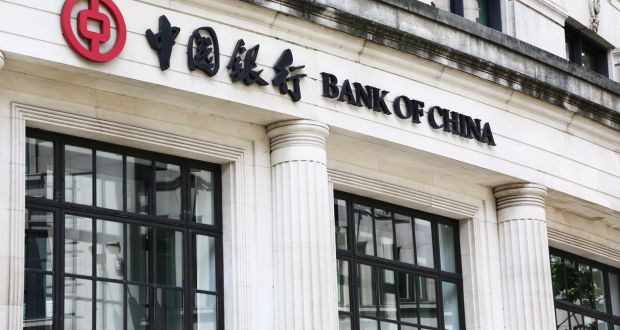China kept benchmark lending rates unchanged at a monthly fixing on Wednesday, in line with expectations, as fresh signs of economic stabilisation and a weakening yuan reduced the need for immediate monetary easing.
Recent economic data showed the world’s second-largest economy was finding its footing after a sharp slowdown, while yuan declines have reduced the urgency for authorities to aggressively lower interest rates to prop up growth.
Most new and outstanding loans in China are based on the one-year LPR, while the five-year rate influences the pricing of mortgages.
In a Reuters survey of 29 market analysts and traders, all participants predicted no change to the one-year LPR, while a vast majority of them also expected the five-year rate to remain steady.
The medium-term lending facility (MLF) rate serves as a guide to the LPR and markets see it as a precursor to any changes to the lending benchmarks.
Widening yield differentials with other major economies, particularly the United States, and faltering domestic growth have pressured the Chinese yuan down more than 5% against the dollar this year, prompting authorities to ramp up efforts to rein in the weakness.
Zou said China will curb market disruptions, correct one-sided yuan moves and guard against the risk of the currency overshooting.
“Monetary policy rollout maintains its steady pace, and there are still chances for reductions to LPRs next month,” said Xing Zhaopeng, senior China strategist at ANZ.
“Net interest margin is not an obstacle for rate cuts as banks have lowered deposit rates.”
Xing added that economic data will continue to improve in the fourth quarter and that the low base effect will ensure growth exceeds 5%.
“The policy impact will extend to the next few quarters. We have revised our 2023 and 2024 GDP forecast up to 5.1% and 4.2%,” he said.
China’s central bank last week lowered the amount of cash banks must hold as reserves for a second time this year to boost liquidity and support the economic recovery.
Despite the steady LPR, some market watchers said recent property easing measures suggest cuts to the five-year LPR and more policy stimulus are likely in coming months.
“Looking forward, we expect property sales volume to stabilise gradually at low levels in the coming months, infrastructure investment to grow at a robust but slower pace on a high base,” said Wang Tao, chief China economist at UBS.
“We maintain our real GDP growth forecast of 4.8% for full-year 2023. The development of property downturn, the magnitude and pace of policy easing still remain the biggest uncertainty for future growth trajectory.”
China cut the one-year benchmark lending rate in August but surprised markets by keeping the five-year rate unchanged.

























I am overjoyed to be able to participate in this activity. I was able to gain a great deal of knowledge from the most influential members of the community as well as from those who possessed the most brilliant minds, and there were also endless opportunities for networking, code sprints, and casual chat.